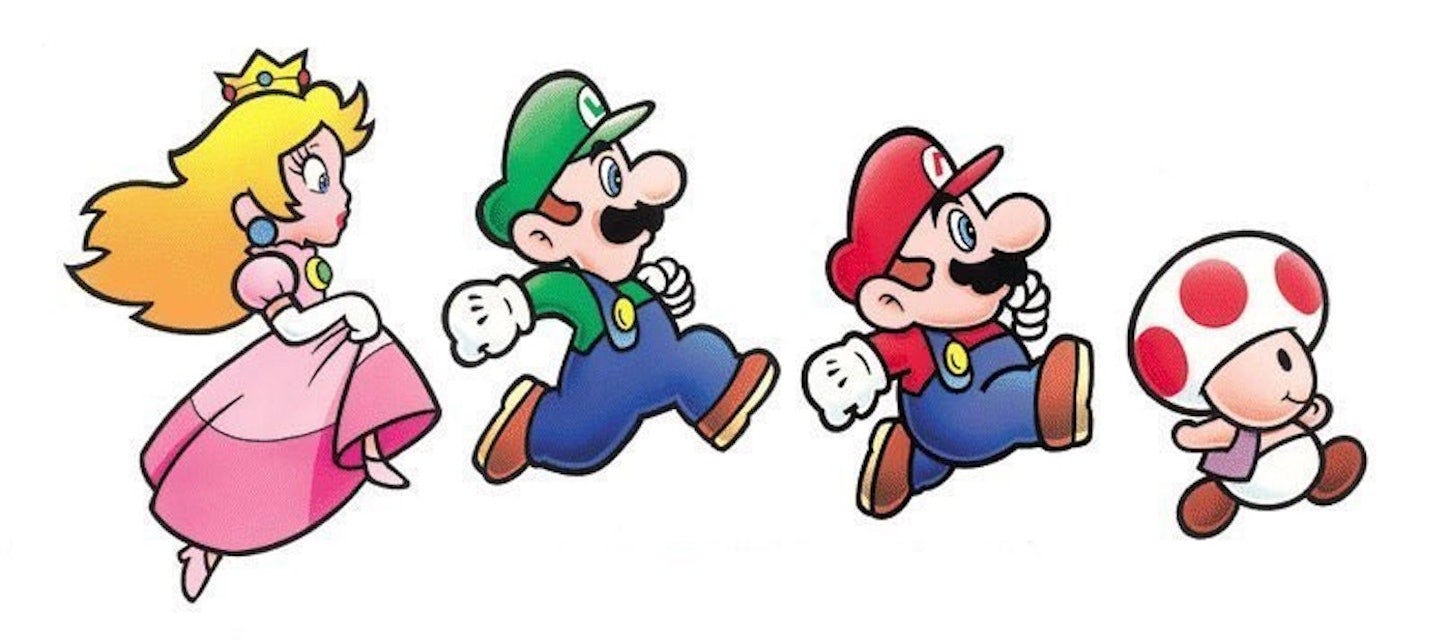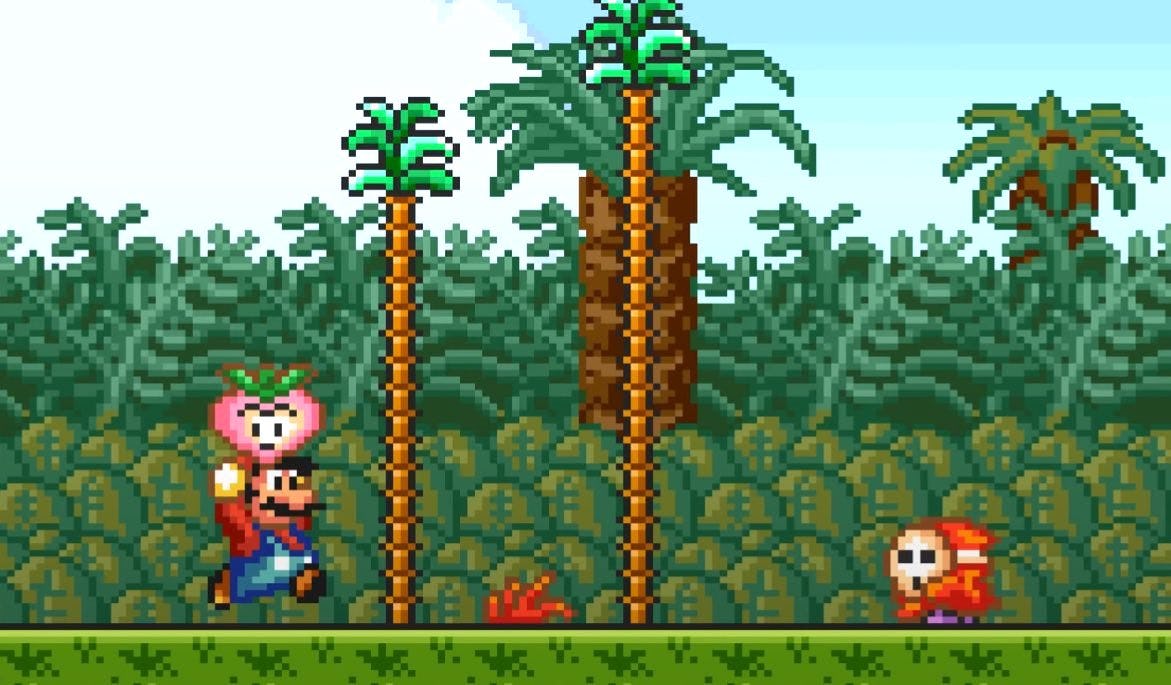
Video game remakes have become an ever-evolving and complex subgenre of blockbusters. As the medium ages, questions of historicity and authenticity hover over the experience. Does a game fundamentally change when it receives a graphical overhaul? What about if the same happens to the mechanics of gameplay, aspects of the story, or even the medium in which it’s played? We might liken it to the Ship of Theseus thought experiment: If you replace every board of a wooden ship over time, is it still the same ship?
“It depends...” Plutarch might shrug. But what might he say about Super Mario Advance, which brought Nintendo’s iconic ‘80s platforming into the 21st century with a 2001 remake? And now, anybody can play it on Nintendo Switch with a subscription to Nintendo Switch Online + Expansion Pack.
The Game Boy Advance was a major step forward for Nintendo. Following the Game Boy Color, the company’s next handheld system brought an entirely different viewpoint to gaming. That is to say, a horizontal view. Given how strongly the Game Boy had sold for years, the company’s next handheld generation had the luxury of time, a rarity in the world of gaming. But it also meant that a truly unique experience was needed for the next generation.
Expanding the width of the screen, and the locations of the device's buttons, changed how people experienced the Advance. New York Times tech critic David Pogue wrote that even though the Advance was “only a fraction of an inch larger than the Game Boy Color, it has a look of panoramic openness missing from its claustrophobic predecessor.”
Sometimes, reviewing ports for older systems can be awkward. This feels most prominent in the Nintendo Switch Online library with Nintendo 64 games, considering its wildly different controller and unique buttons. One wonders how, if ever, Wii games will get remade.
But Game Boy Advance games work very well on the Switch, perhaps because the Switch by itself feels like an evolved Game Boy Advance. Super Mario Advance packs two games in one: slightly redone versions of the original arcade game Mario Bros. and Super Mario Bros. 2. These choices are a little surprising, especially considering that Super Mario Bros. 2 is something of the odd game out of the franchise — the one with four-player options and a lot of digging up radishes.

But Nintendo looked at the game’s multiplayer as a perk, especially with the Advance’s new capabilities. What was “truly weird” about the Advance, Pogue noted, was that “some of the Advance's key features seem designed to profit the customer, not the manufacturer.” A case in point was its approach to multiplayer. Using a single cable, Advance users could connect their devices to other Advances, and up to four players could play a game even if only one of them had a cartridge.
The game looks great, with its colorful world of radishes and clouds shining brightly. The horizontal view of the Switch feels as immersive today as an ‘80s platformer could be. The game functions almost exactly like the original SMB2: Peach can float, Luigi can hover with his cute little legs moving at a rapid pace, and Toad is borderline worthless.
The few changes the game does make are fun. The third world’s boss, Mouser, has been replaced with a robotic Birdo called Robirdo. This is just a more fun option. Why not just make Birdo a tank?
Super Mario Advance mostly gives a new coat of paint to two older games that were not exactly the most beloved in their franchise. In doing so, with a new canvas on which to play, the games feel better than they might on their original system, proving that sometimes a fresh coat of paint is exactly what a game needs.







